Building on past recommendations, FURIC 2025 will emphasize stronger synergies among all stakeholders to counter challenges such as disinformation, social media algorithms, foreign interference, and hybrid threats.
Its core theme is developing robust frameworks to follow up on recommendations by citizen and international election observers in the context of emerging digital threats.
Hosted by European Platform for Democratic Elections (EPDE), FURIC serves as a platform for international and citizen observers, election experts, election management bodies, assistance providers, policymakers, tech companies, digital rights NGOs, and civil society groups to strengthen electoral recommendation frameworks and build resilience in democratic processes.
Following its successful 2023 and 2024 editions, which highlighted the need for cross-sectoral cooperation to safeguard electoral integrity amid rising hybrid threats, FURIC 2025 continues to focus on the full electoral cycle and aims to reinforce sustainable follow-up mechanisms by delivering actionable recommendations and proposals that strengthen the impact of electoral observation worldwide.
FURIC 2025 is organised in cooperation with European Parliament’s Democracy Support and Election Coordination Group (DEG) and OSCE Office for Democratic Institutions and Human Rights (OSCE/ODIHR).
The format will consist of a series of high-level discussions on the first day, held at the European Parliament, followed by expert-level sessions on the second day, including panels, roundtables, simulation labs, workshops, and other interactive formats.
Stay tuned for the speaker lineup and detailed program. In the meantime, we encourage you to revisit the key moments and FURIC 2024 Concluding Document available here.
Follow us on LinkedIn and subscribe to our newsletter to receive the latest updates on FURIC 2025 and other EPDE initiatives.
Hosted by the European Parliament’s Democracy Support and Election Coordination Group (DEG) and the European Platform for Democratic Elections (EPDE)
Hosted by European Platform for Democratic Elections (EPDE) in cooperation with OSCE Office for Democratic Institutions and Human Rights (ODIHR) and the German Marshall Fund (GMF)
Sessions hosted by German Marshall Fund of the United States (GMF), Future Shift Lab India, EDGE Foundation, International IDEA, Civic Resilience Initiative, African Election Observation Network (AfEONet), International Foundation for Electoral Systems (IFES), National Democratic Institute (NDI), The Carter Center, European Platform for Democratic Elections (EPDE), OSCE Office for Democratic Institutions and Human Rights (ODIHR)
Hosted by the European Parliament’s Democracy Support and Election Coordination Group (DEG) and the European Platform for Democratic Elections (EPDE)
Safeguarding Data-Driven Elections in a Shifting Global Order: Challenges for Europe
Securing Elections in a Weaponized Information Space: the EU’s Response to Authoritarian and Digital Threats
Algorithms, Ads, and Influence: Social Media, Data, and the Crisis of Campaign Finance Transparency
Enhancing the Impact of Election Observation: Towards a Coordinated Follow-Up Framework
Hosted by European Platform for Democratic Elections (EPDE) in cooperation with OSCE Office for Democratic Institutions and Human Rights (ODIHR) and the German Marshall Fund (GMF)
Innovating Election Observation: Bridging Regional Expertise and Global Practice in a Hybrid Threat Landscape
Hosted by the German Marshall Fund of the United States (GMF)
Breakout Session A: Securing Democracy in the Age of AI – New Frontiers in Election Integrity (seminar). Hosted by Future Shift Lab, India.
Breakout Session B: Countering Digital Authoritarianism: Civic Resistance, Tech Innovation, and Electoral Participation (panel). Hosted by EDGE Foundation.
Breakout Session C: Building Resilient Electoral Ecosystems Through Multi-Stakeholder Collaboration (panel). Hosted by International IDEA
Breakout Session D: Information Verification and Analysis: Individuals, Elections and Online Sources (world cafe). Hosted by Civic Resilience Initiative.
Breakout Session E: Strengthening Democracy Through Tech-Driven Observation and Inclusive Civic Engagement (panel). Hosted by African Election Observation Network AfEONet.
Breakout Session F: Aritificial Intelligence and New Methods of Election Observation: Opportunities; Risks, Resilience (panel/roundtable). Hosted by International Foundation for Electoral Systems (IFES).
Breakout Session G: Monitoring Data Privacy and Protection in Election (workshop). Hosted by National Democratic Institute (NDI).
Breakout Session H: Enhancing Transparency from Political Advertisers and Technology Platforms (seminar). Hosted by The Carter Center.
Facilitated reporting from session hosts and open discussion
Innovation and Accountability in Election Observation: Strengthening Follow-Up Frameworks for Lasting Impact
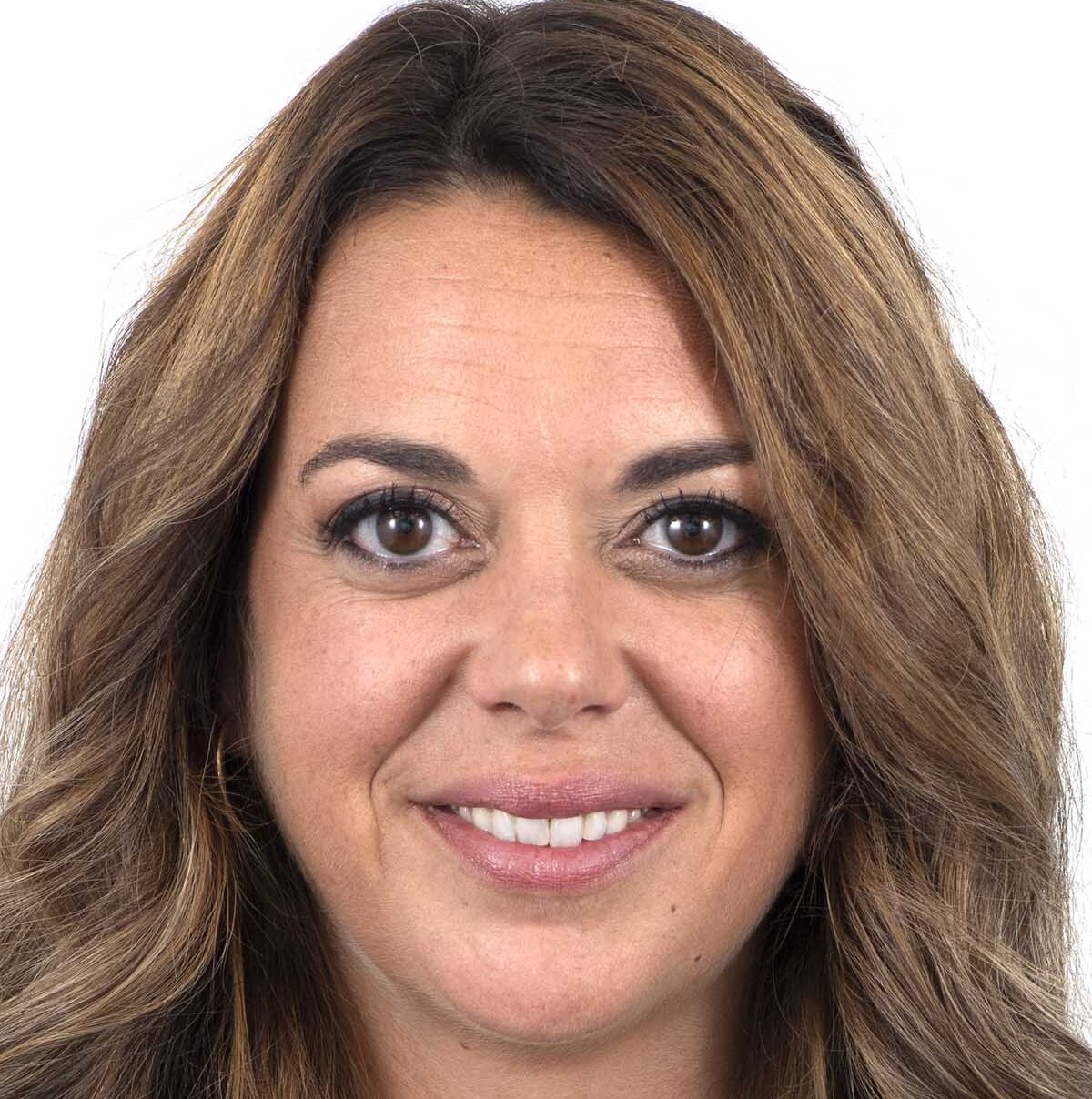
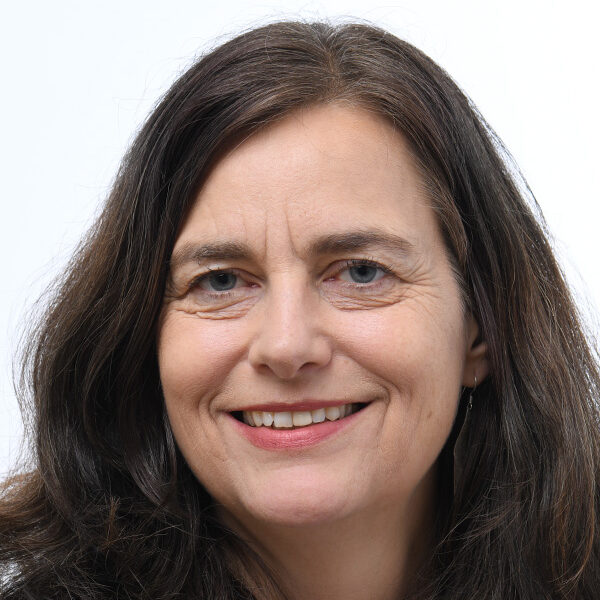
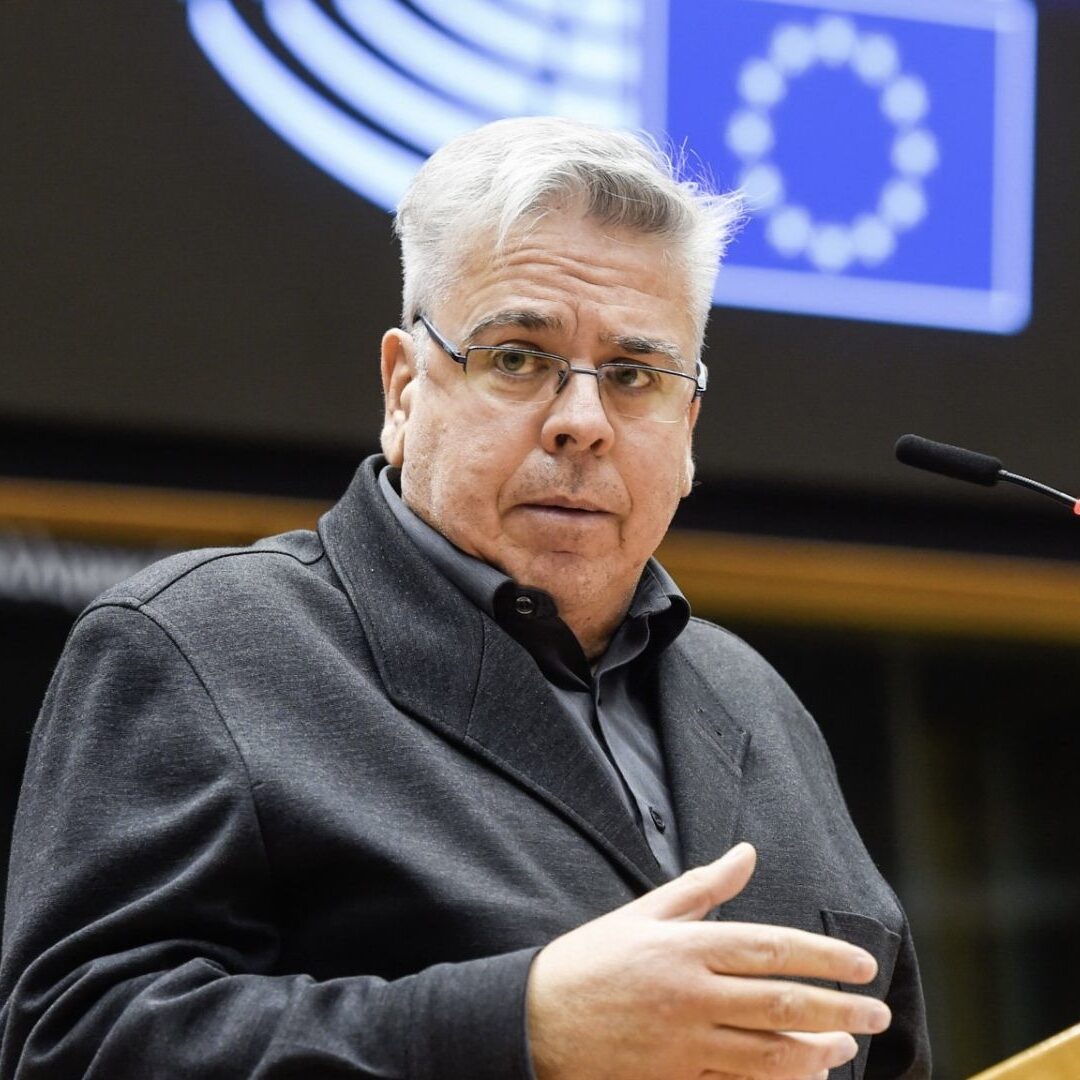
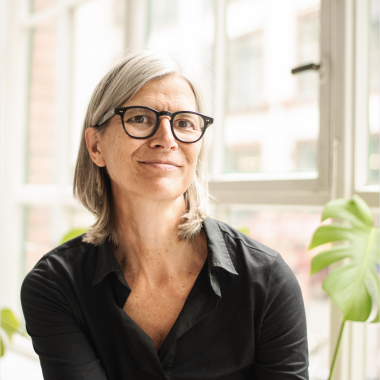
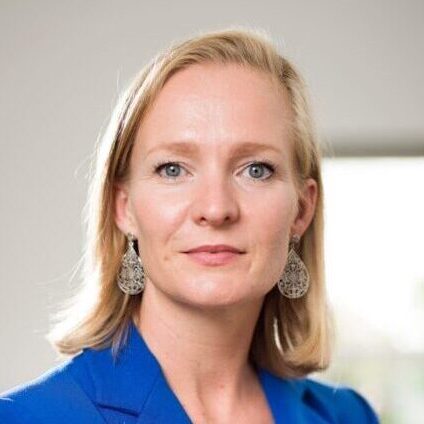
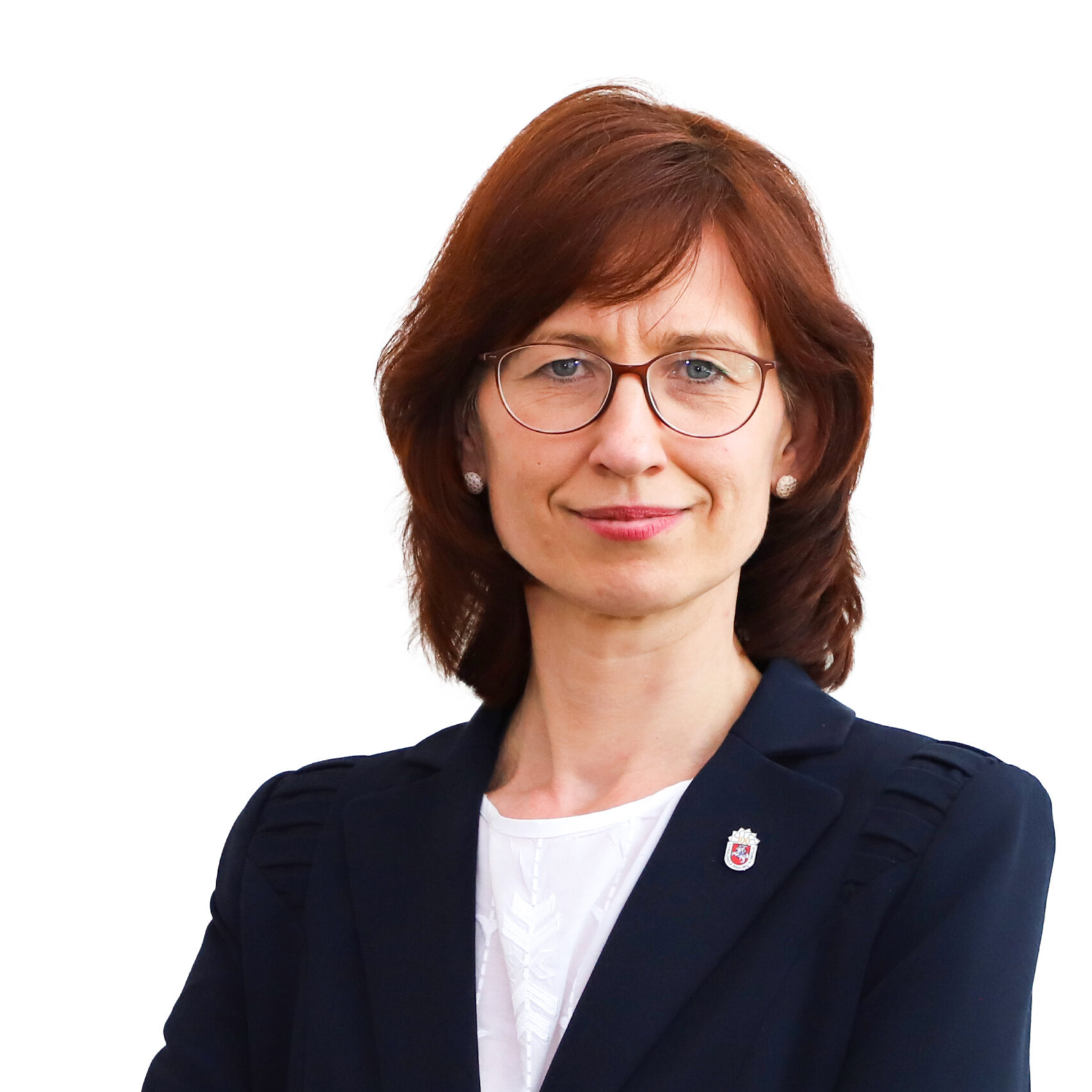
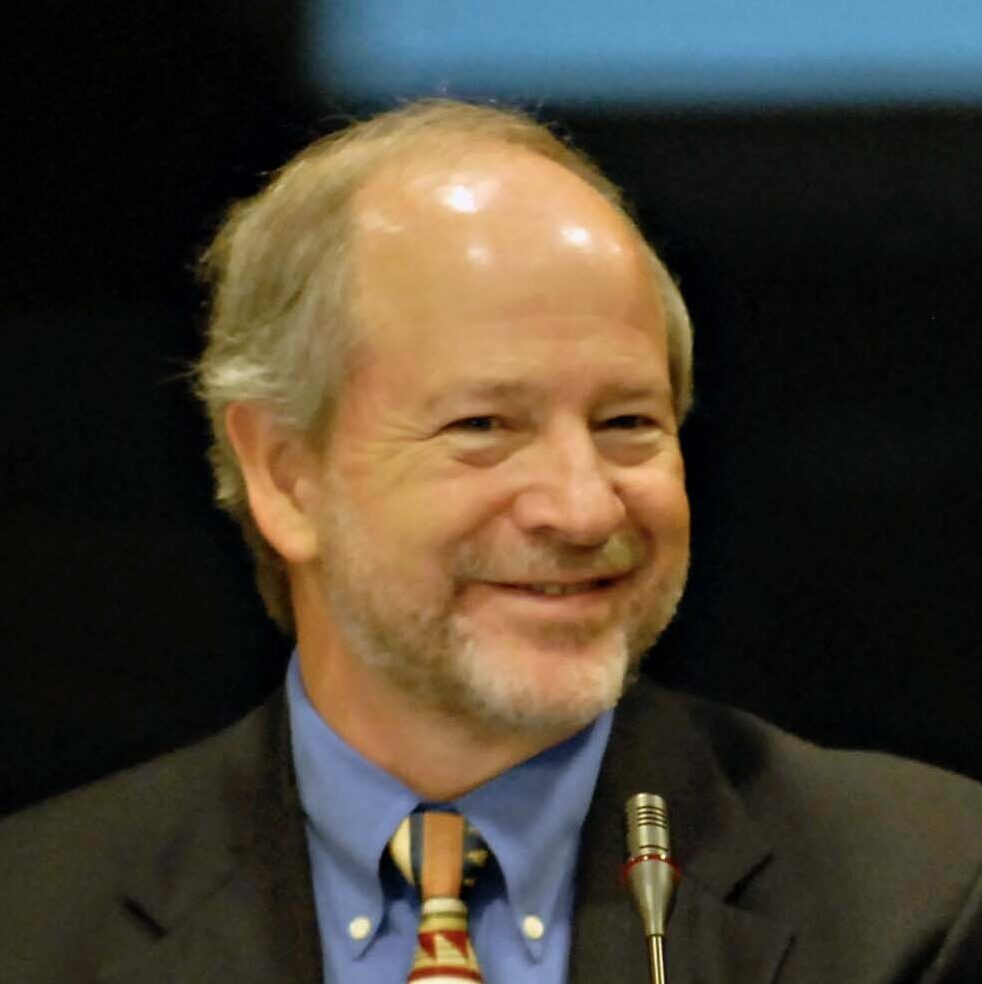
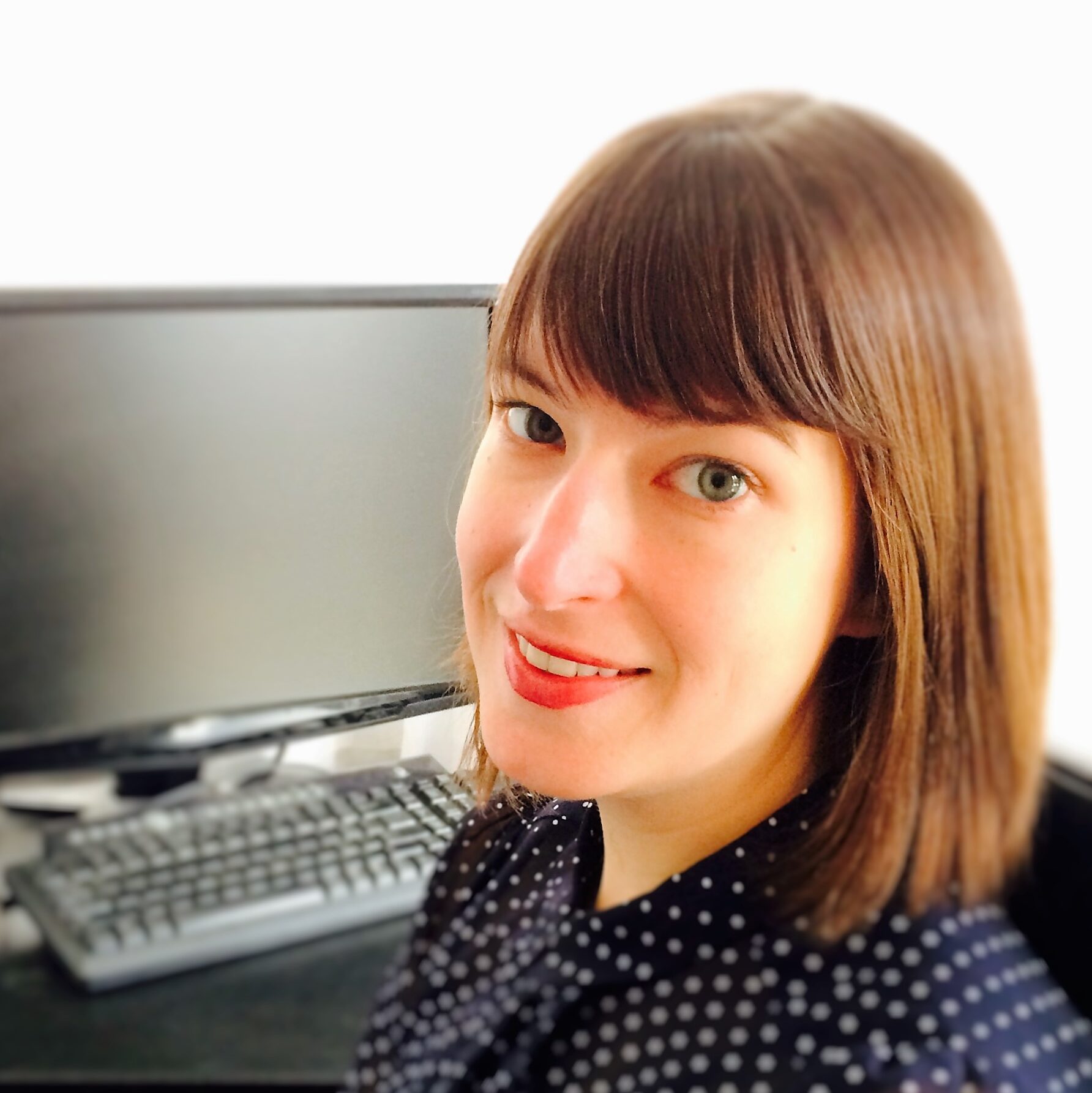
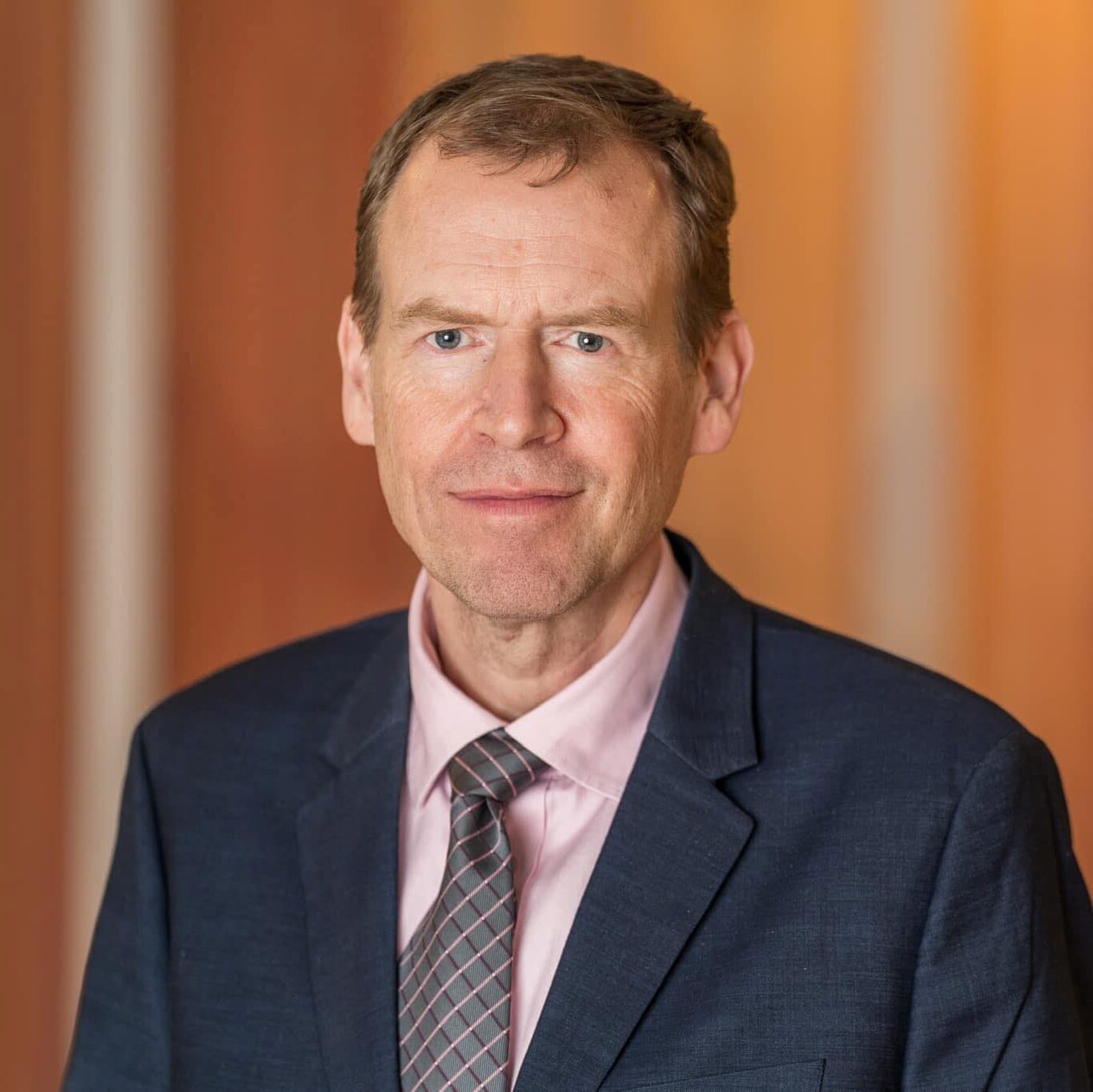
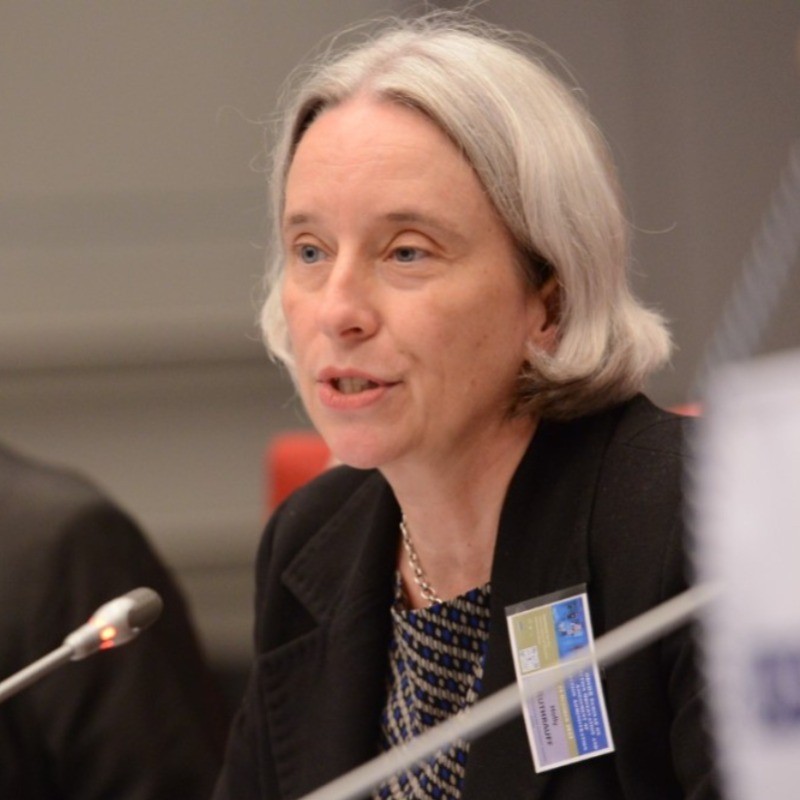
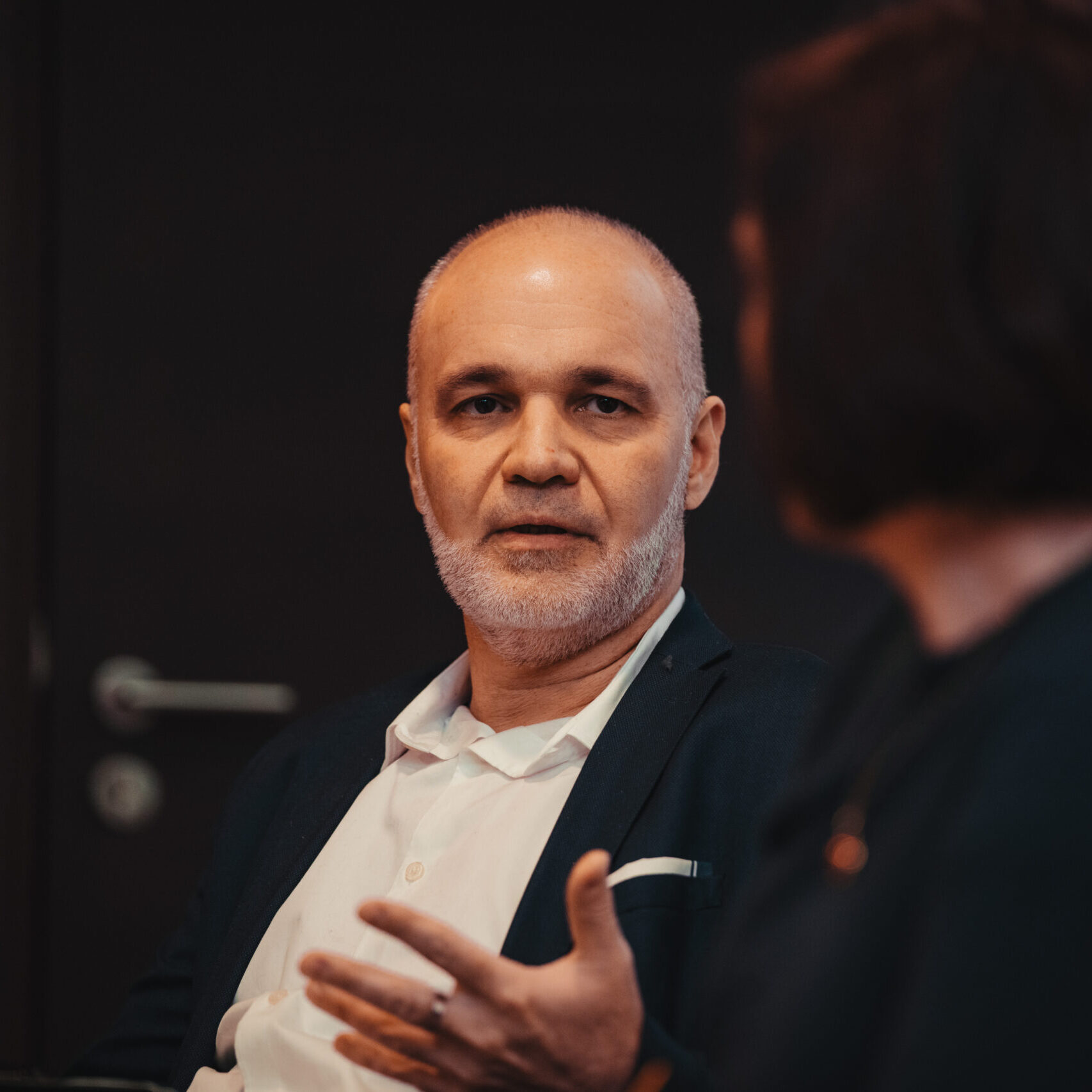
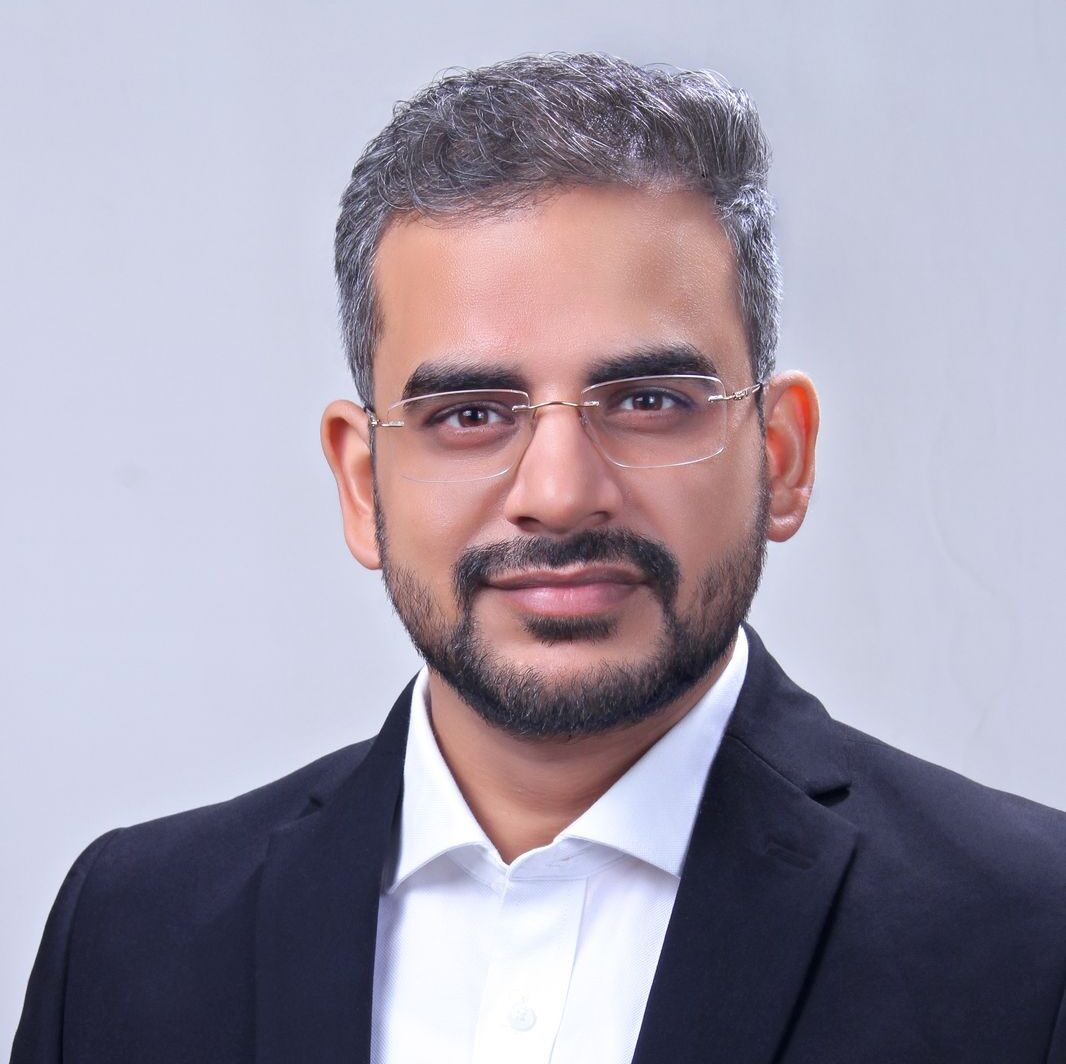
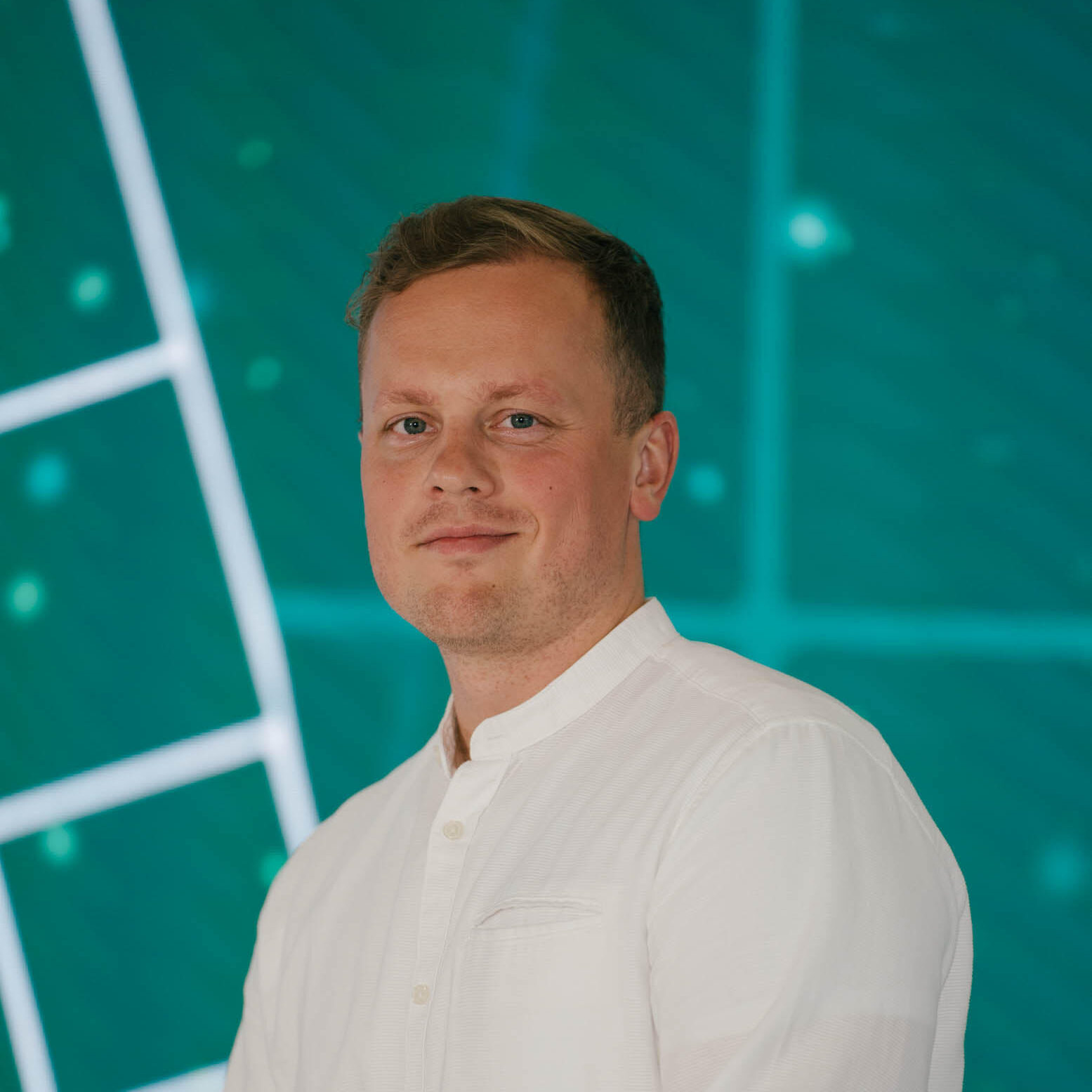
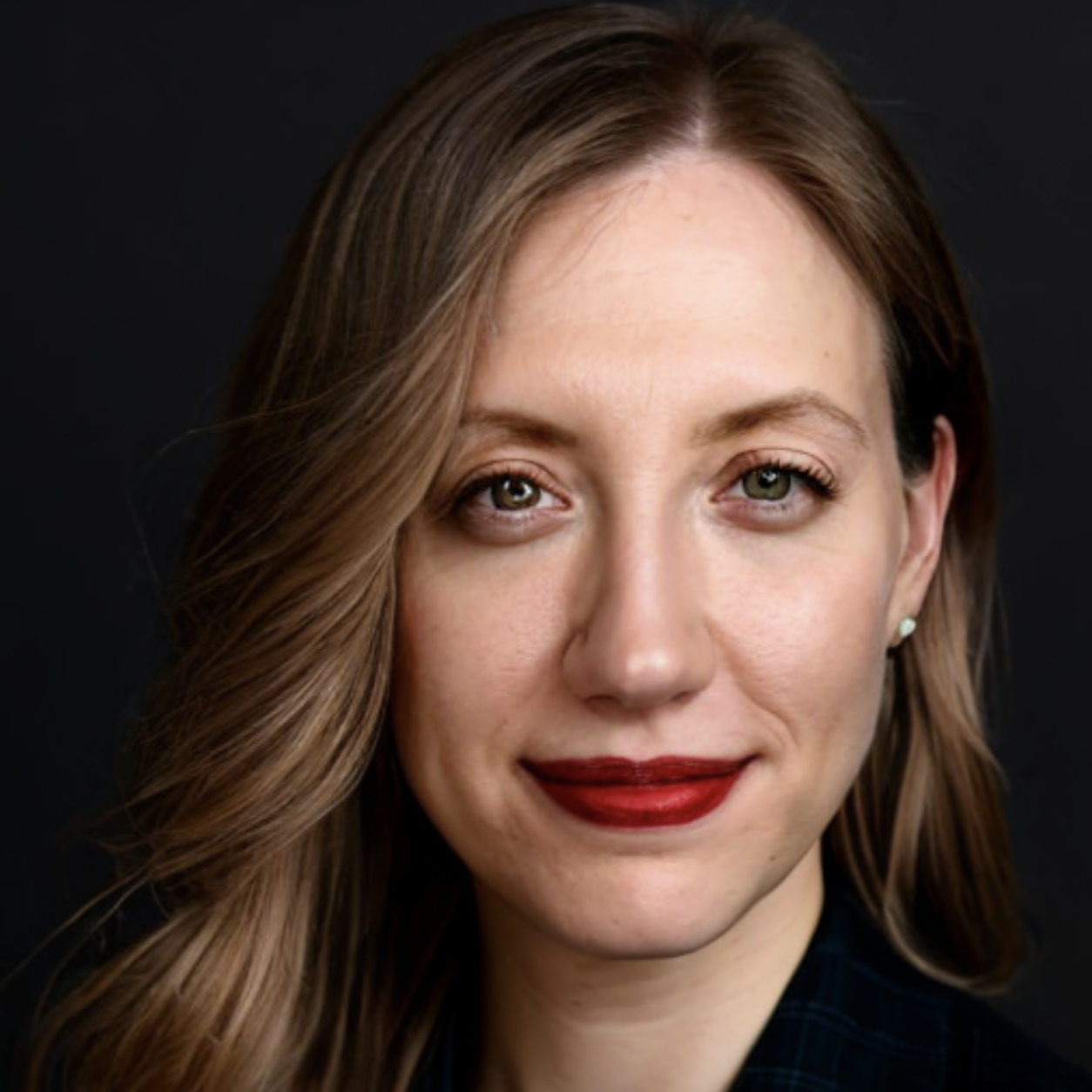
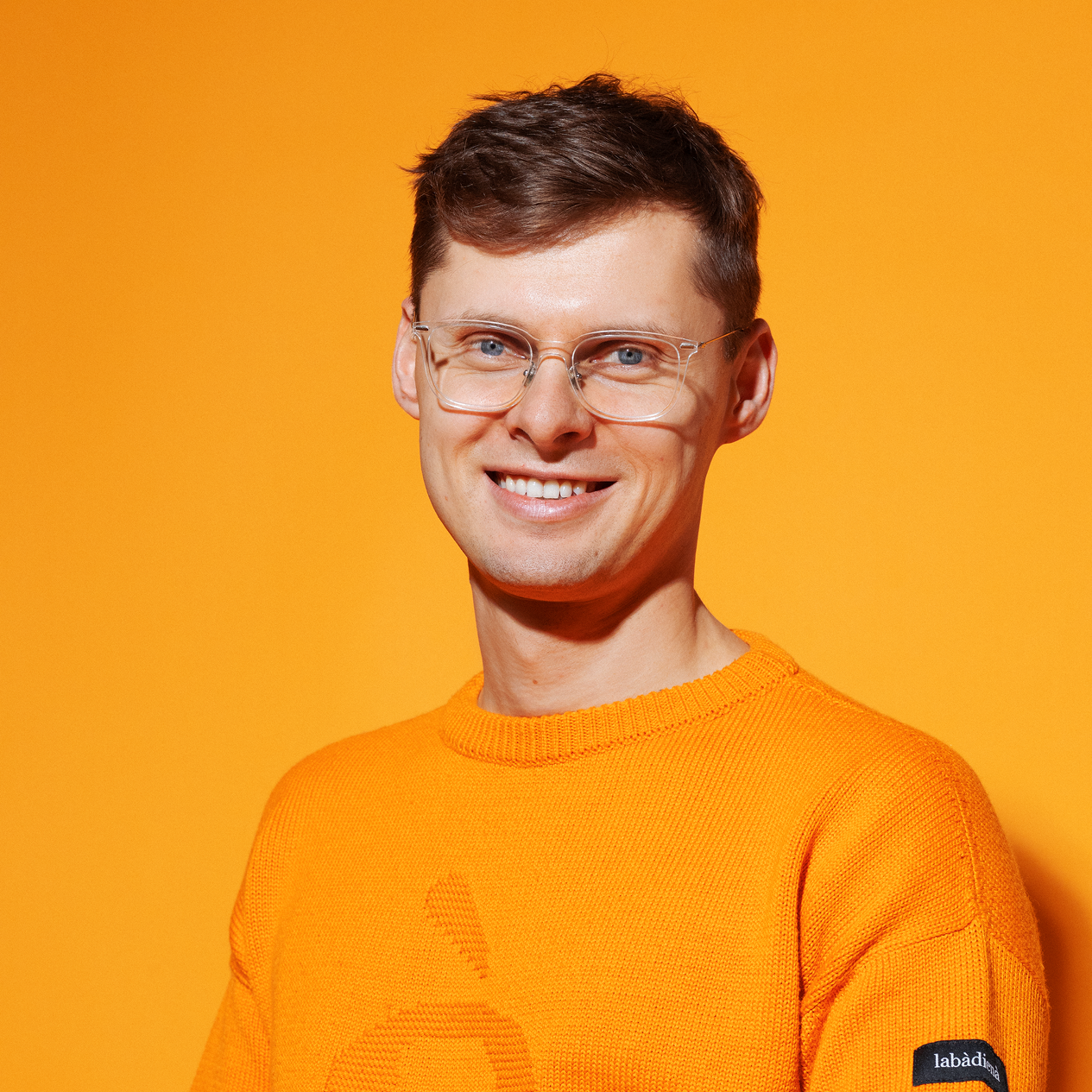

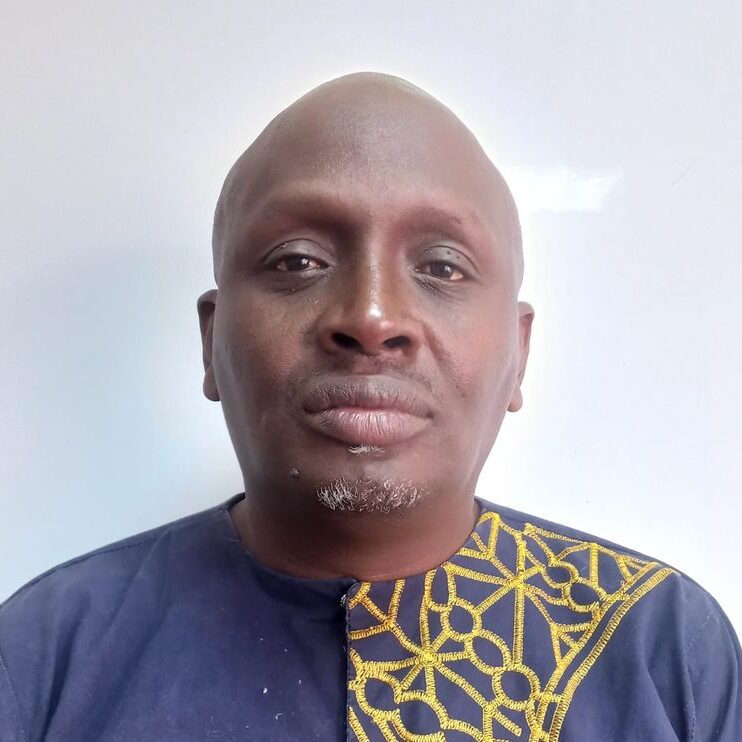
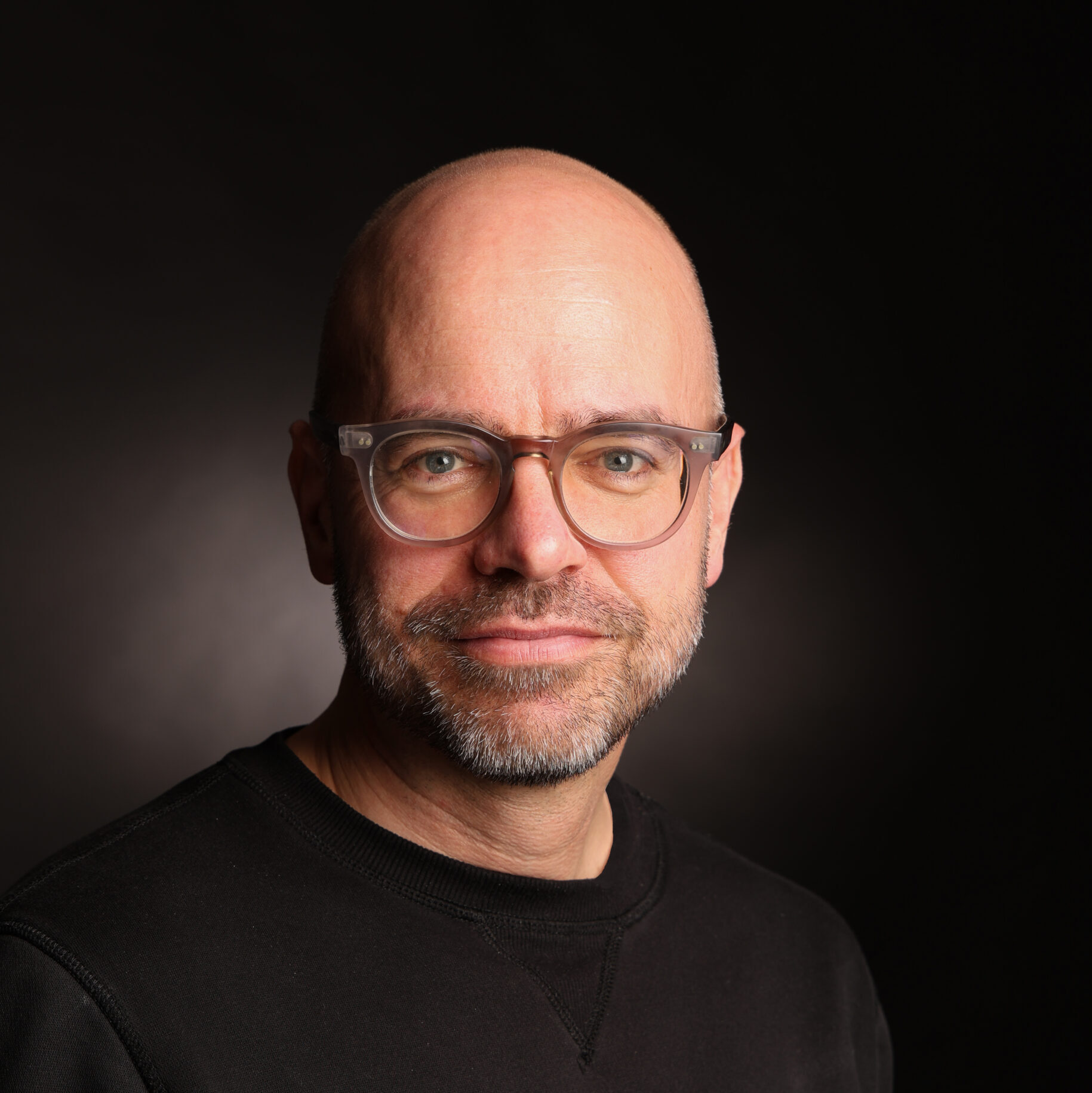
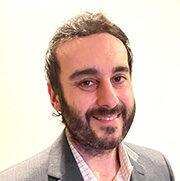
The views expressed in written conference materials or publications and by speakers and moderators do not necessarily reflect the opinion of donors or partners.
Subscribe to our
newsletter
Sign up for our monthly newsletter
and receive the latest EPDE news
Sign up for our monthly newsletter and receive the latest EPDE news
Subscribe to our
newsletter
Sign up for our monthly newsletter
and receive the latest EPDE news
Subscribe to our
newsletter
Sign up for our monthly newsletter and receive the latest EPDE news